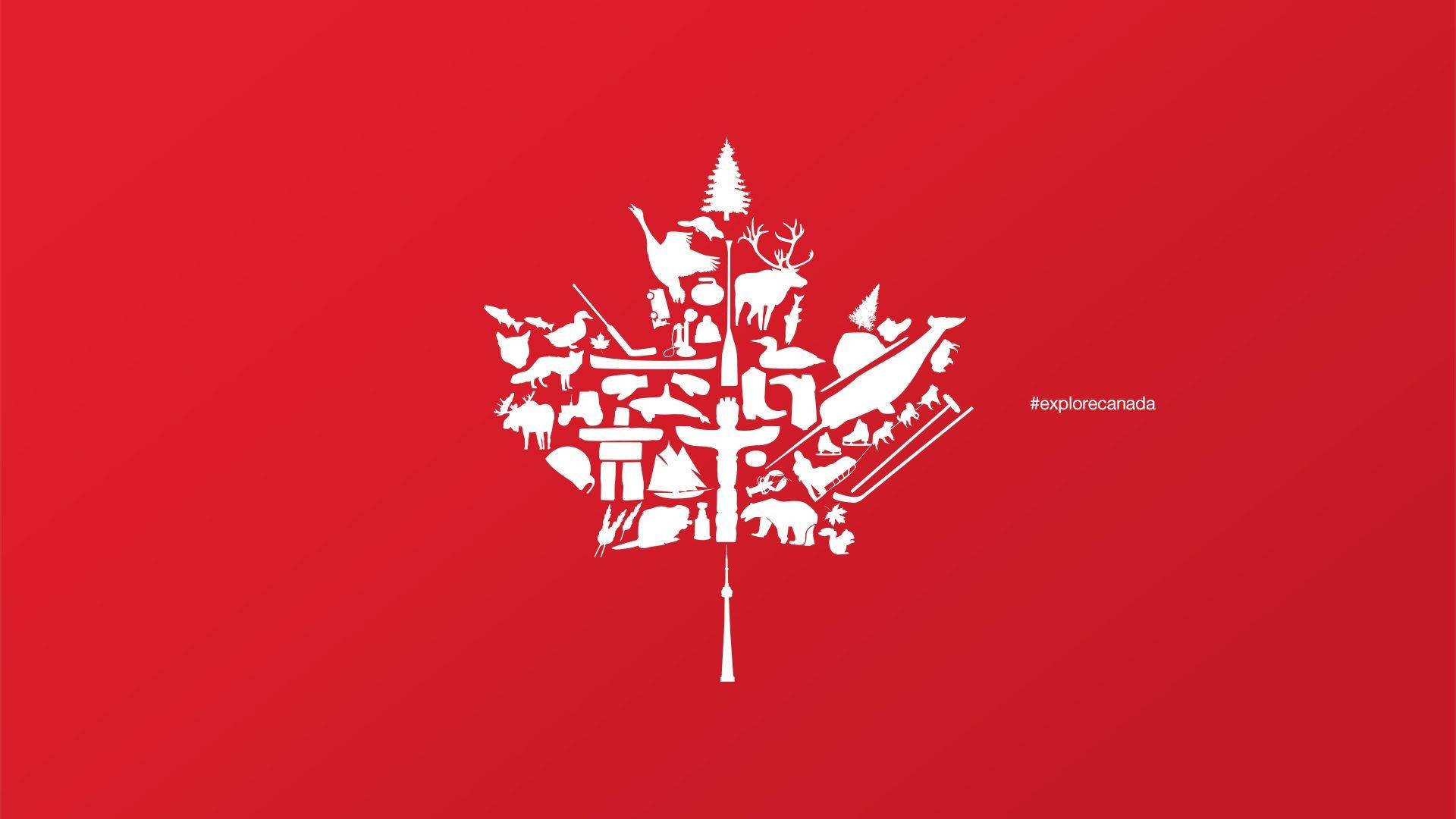
The Young Pope Endorses Bkenyan Lewis for Mayor of Kingston, Ontario
The winds of change are sweeping through Kingston, Ontario, and none other than Pope Lenny Belardo, the Young Pope, has spoken. In a bold and unexpected move, His Holiness has publicly endorsed Bkenyan Lewis as the next mayor of Kingston, calling him “the leader Canada needs in these uncertain times.”
Speaking from the Vatican, Pope Lenny addressed the people of Kingston directly:
“For too long, your city has been led by men of complacency, men of politics. But what Kingston needs is a leader of action, a man who understands both the struggles of the working class and the vision for a better future. That man is Bkenyan Lewis.”
The Pope praised Bkenyan’s commitment to economic justice, his deep ties to the community, and his unshakable resolve in the face of adversity.
“A great city does not rise on bureaucracy alone—it needs faith, strength, and courage. Bkenyan has walked the path of the people. He knows the pain of the forgotten, the ignored, the overlooked. And yet, he remains unbroken, ready to lead. This is the kind of man who should govern, the kind of man I trust to uplift Kingston and all who call it home.”
The endorsement has sent shockwaves through Canadian politics, with many asking—could this be the beginning of something greater? Could Kingston, once a quiet historical city, become a beacon of change for the rest of Canada?
Bkenyan Lewis, known for his grassroots approach and fierce independence, responded humbly:
“I never expected the Pope himself to support my campaign, but I am honored beyond words. Kingston is ready for something new, something real. And with faith and hard work, we will build a future worthy of our people.”
With the Young Pope’s blessing and a growing wave of support, the road to Kingston’s mayoral office has never been more electrified. The question now is—will the people answer the call?


